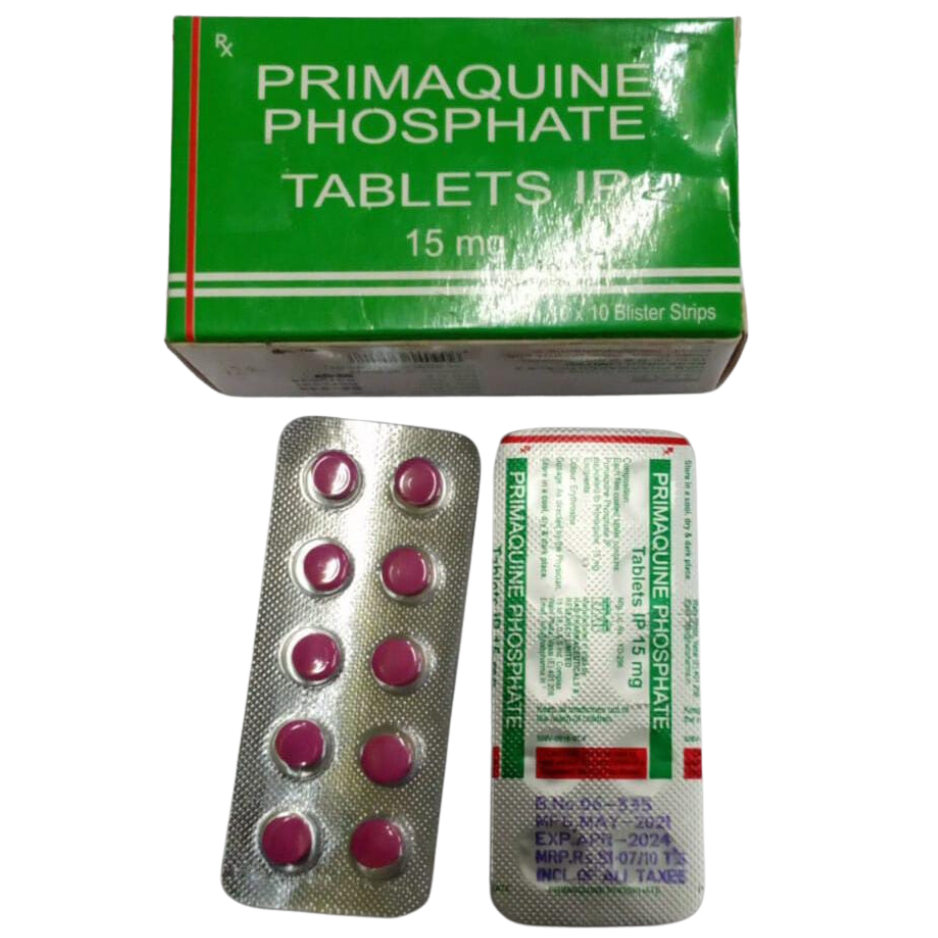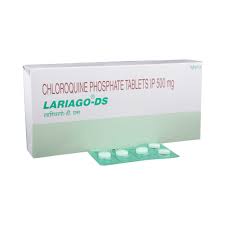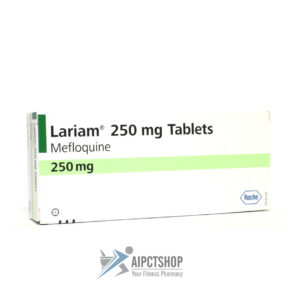Primaquine is an antimalarial drug used for the treatment and prevention of malaria caused by Plasmodium vivax and Plasmodium ovale species. It is also used to prevent relapses of malaria caused by these two species.
Primaquine works by killing the malaria parasites in the liver and preventing their release into the bloodstream, thereby preventing the onset of symptoms and reducing the risk of transmission.
Primaquine is usually taken orally in the form of tablets. The dosage and duration of treatment depend on the severity of the infection and the age, weight, and medical history of the patient.
Primaquine may cause side effects such as headache, dizziness, nausea, vomiting, abdominal pain, and diarrhea. It can also cause serious side effects such as hemolytic anemia, which is a condition in which the red blood cells are destroyed faster than they can be replaced. Hemolytic anemia is more likely to occur in people with certain genetic variants, particularly those of African or Mediterranean descent.
Primaquine is not recommended for pregnant or breastfeeding women, as it can harm the developing fetus or infant. It is also not recommended for people with certain medical conditions, such as glucose-6-phosphate dehydrogenase deficiency, which increases the risk of hemolytic anemia.
Primaquine should only be taken under the guidance and supervision of a healthcare professional. It is important to follow the prescribed dosage and duration of treatment to ensure the drug’s effectiveness and minimize the risk of side effects.






